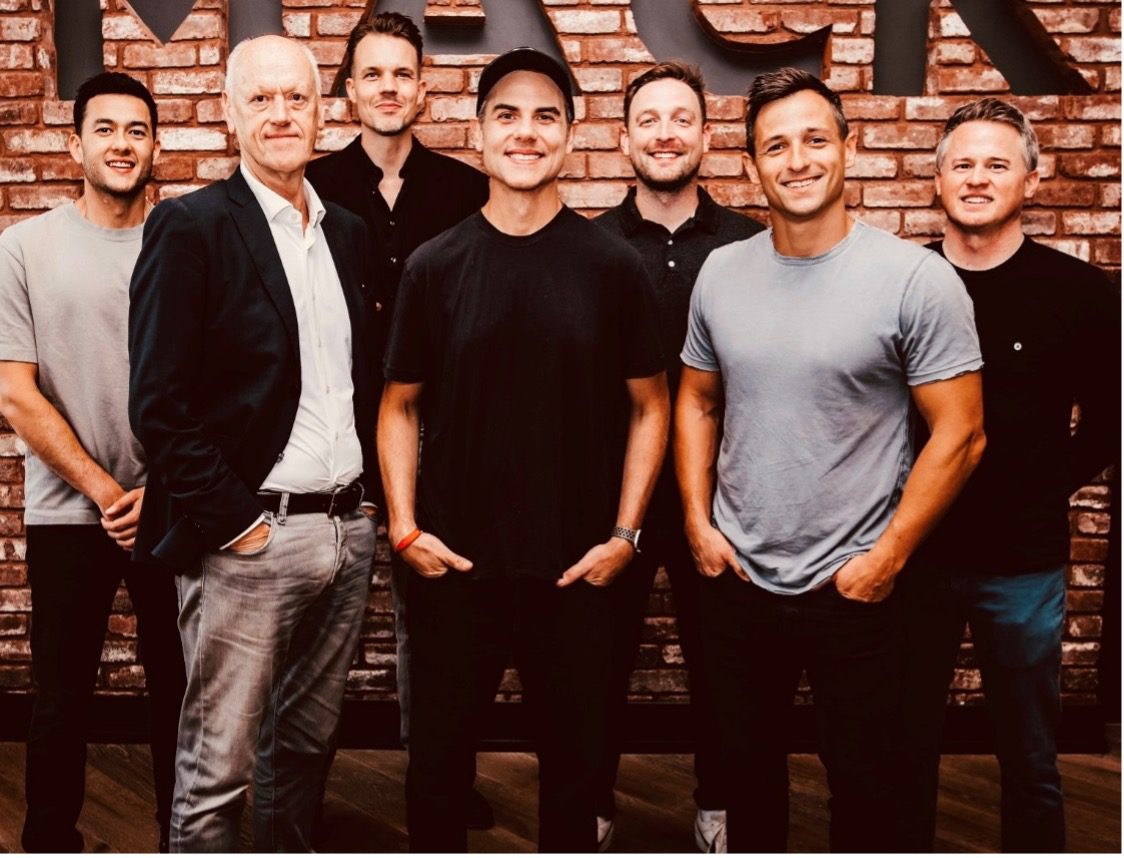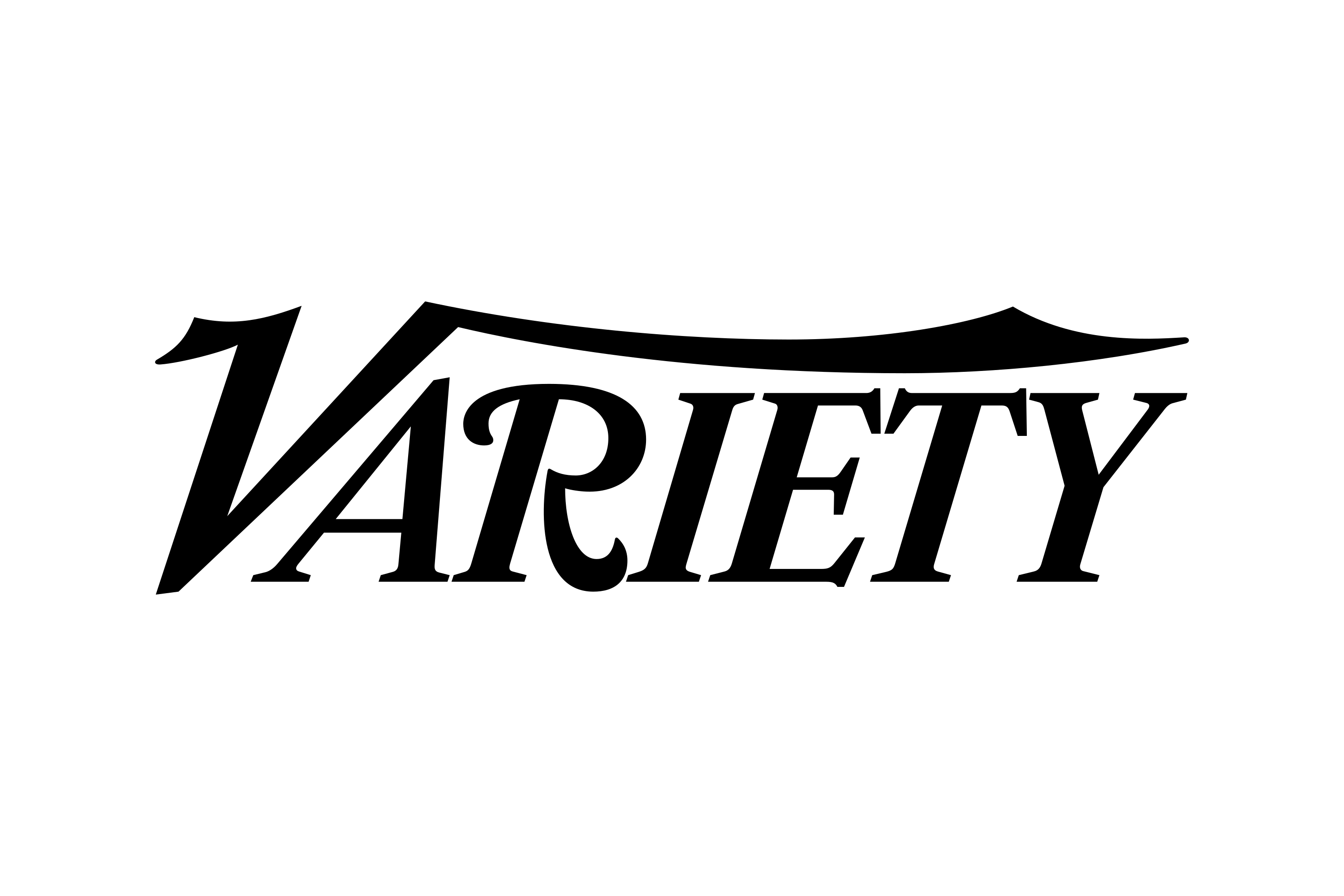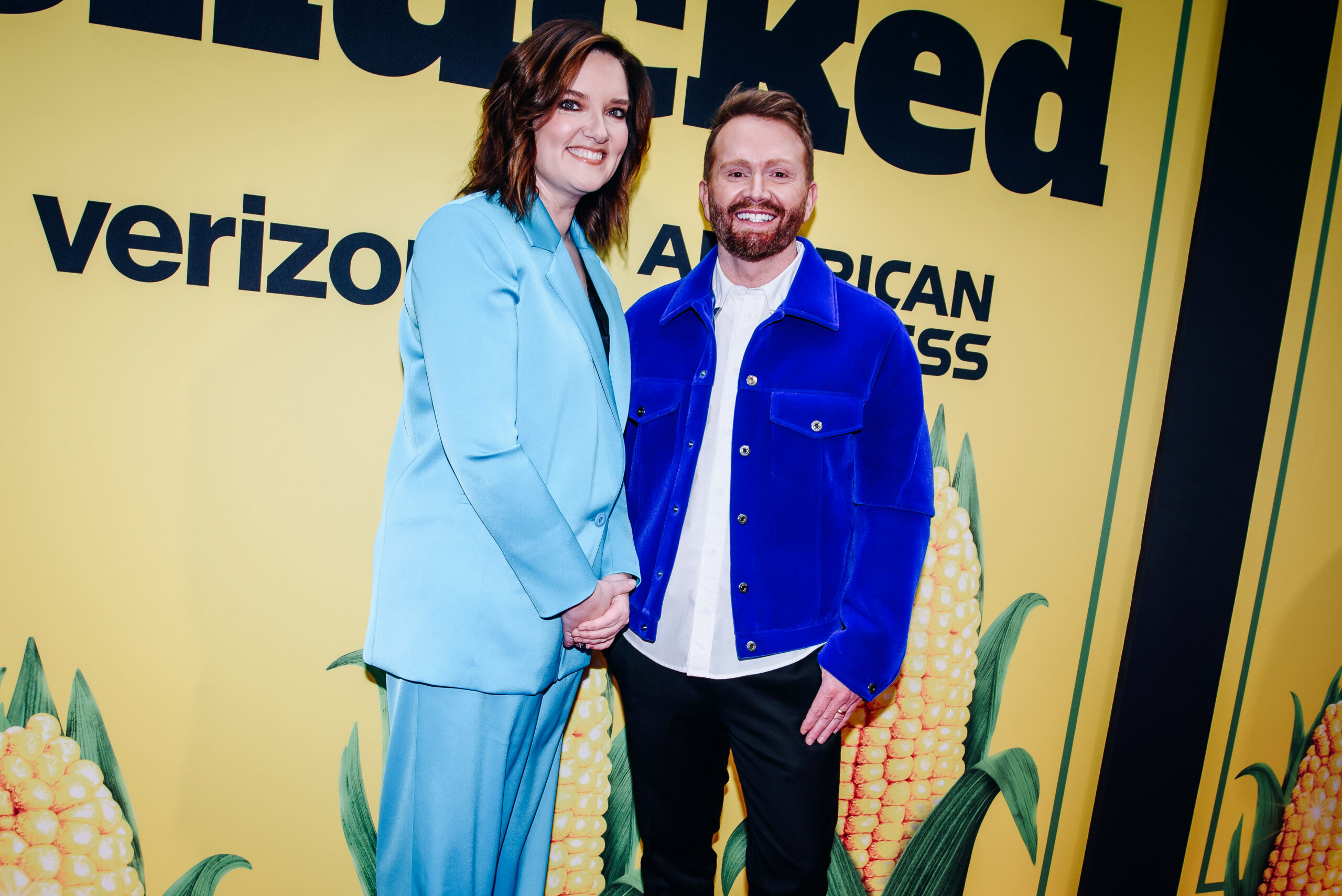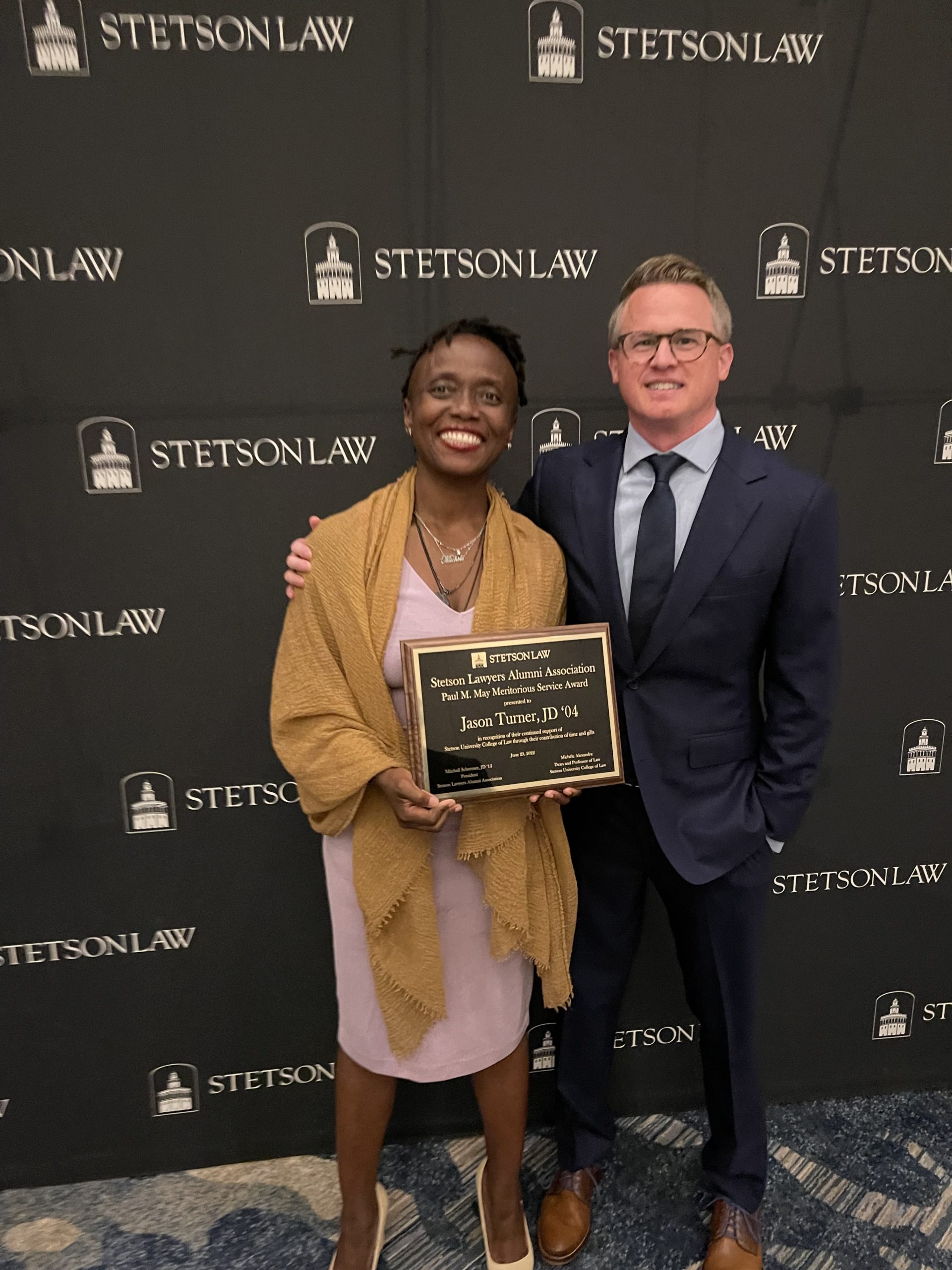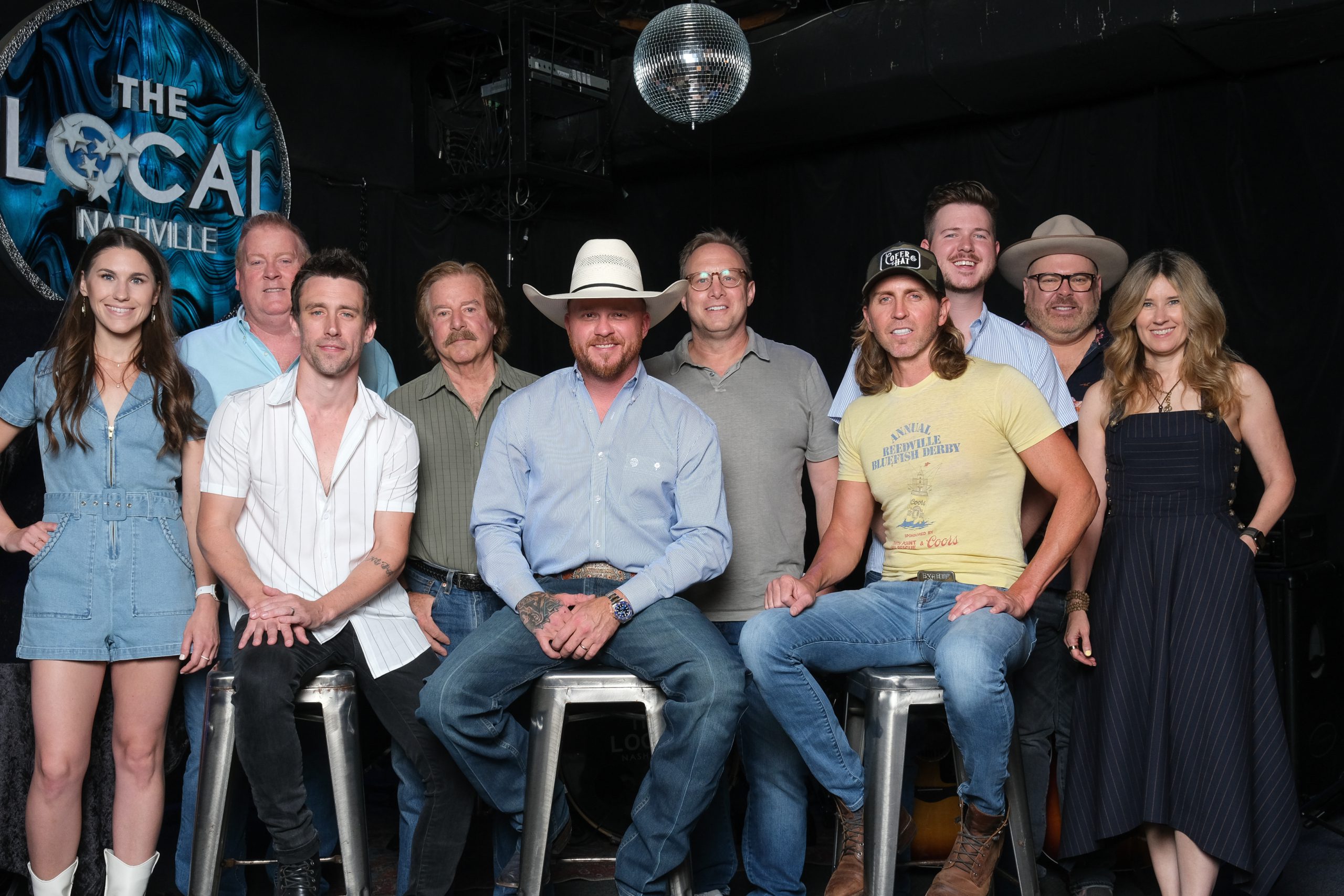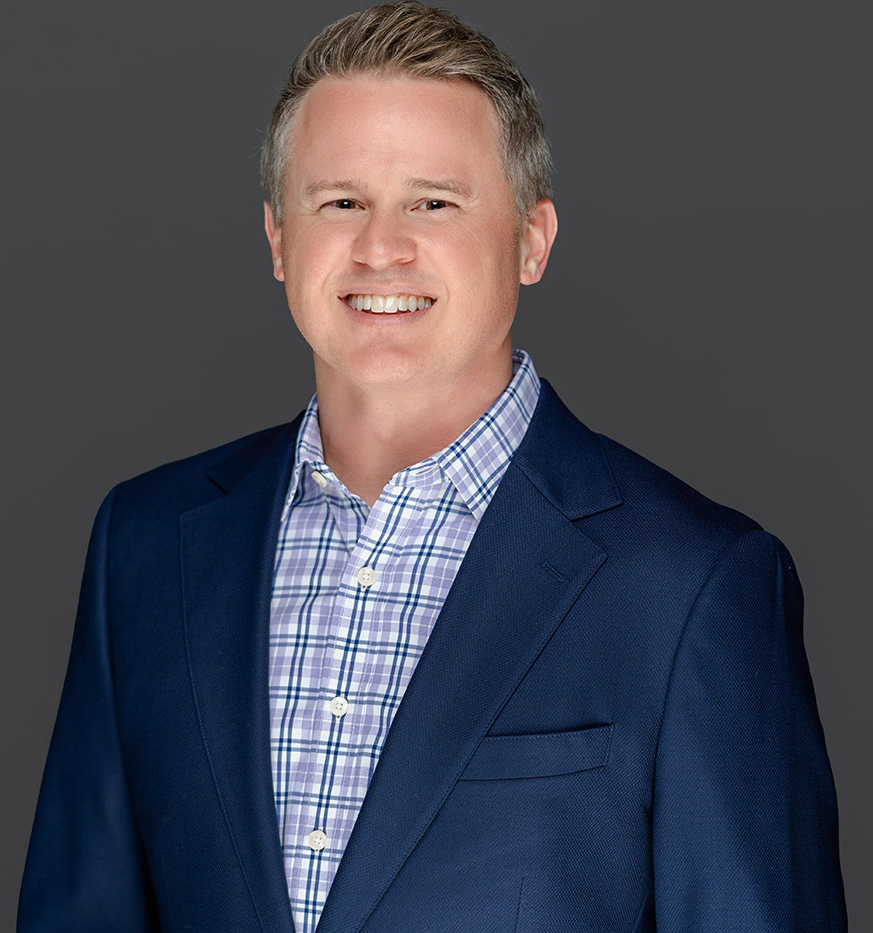The “My Music Row Story” weekly column features notable members of the Nashville music industry selected by the MusicRow editorial team. These individuals serve in key roles that help advance and promote the success of our industry. This column spotlights the invaluable people that keep the wheels rolling and the music playing.
Jason Turner is Partner at the boutique entertainment and sports law firm, Keller Turner Andrews & Ghanem, PLLC. Turner has nearly 25 years of music industry experience, and represents many of Nashville’s top songwriters, executives, managers, and independent publishing companies, as well as the three-time Stanley Cup Champion Tampa Bay Lightning, among others. He has been named to Billboard‘s Power Players and Attorneys of Note, as well as Super Lawyers for the past decade. He focuses a significant portion of his practice negotiating the sale of catalogs on behalf of songwriters and publishers.
MusicRow: Where did you grow up? Were you musical as a child?
I grew up in a very small town in northwest Illinois. It was about a hundred miles west of Chicago, a town of about 2,000 people.
At some point, for some reason, my parents bought a piano. It was in the same room as the stereo that we used to have back in the day. I would listen to music and I would sit at the piano. My feet couldn’t even touch the pedals, and I would start playing by ear. Pretty quickly thereafter, my parents hooked me up with the music teacher in our school system. It was the same person for elementary, middle and high school since it was such a small town. I took piano lessons and ended up being the pianist for the middle school and high school choirs in town.
What was the plan for after high school?
Going into my senior year of high school, I was actually already signed up to go to Embry–Riddle Aeronautical University out in Arizona to be a pilot. I wanted to be a commercial pilot. I’ve always been fascinated with airplanes. The night before I left Illinois to go to Arizona for a preview week at the school, a music group that was signed to Polydor Records at the time here in Nashville played our small town summer festival. They were managed by Starstruck, they were on a major label, and they had already had their first hit. I wanted to meet them, so I connected with the lady in town who was in charge of the festival to figure out how can I finagle my way in. The group was called 4 Runner. It was a quartet produced by Buddy Cannon and managed by Narvel Blackstock. That night I ended up selling their merch. I ended up going out with them several more dates later that summer because they were so kind to me. They connected me up with people in the industry. That was truly the moment that I found out that there was this thing called “the music business.”
The next day, I fly out to this flight camp for a week and every night as I’m calling back home to talk to my parents, I wasn’t talking about the flight camp. I was talking about my experience with 4 Runner and how excited I was about that. I ended up talking with people that they worked with, found out about Belmont, and did a complete 180 out of going to flight school and ended up going to Belmont for the music business program.
What did you get into at Belmont?
I immediately jumped in. I was still playing piano and, with Belmont being Belmont, I started playing in various bands. By my sophomore year of college, I was working at Warner Brothers.
Royce Risser was the first label person that I ever met even before I moved here. He was super kind to meet with me and my parents before I even committed to Belmont. So [while at Belmont], I went to Royce and talked to him about an internship. At the same time I went to Warner Brothers and talked to them about an internship. Warner Brothers was very open with me and basically said, “We’re going to turn you loose. If there’s something you see that you have a passion for, we’re going to let you do it.” As fate would have it, they didn’t have anybody at that time handling secondary radio promotions within their promotion department. So within a week or two, I was starting to call radio programmers and working the records for the Warner Brothers roster. I was shifting around my school schedule to accommodate the call times of all of the programmers for all of these radio stations. I did that for a little over two years and loved it. That was the first Tim McGraw and Faith Hill tour, and when Travis Tritt came back after taking a break. I got to work a George Jones record, which was just crazy to me.
How did you change lanes to being an entertainment attorney?
During that time—again, I’m still at Belmont—Time Warner merged with AOL. So at the age of 19 or 20, I got my first inside look at corporate mergers and what that means. (Laughs) To speak generically, it set off a light bulb in my head. I love the music industry. I love the creative side. I don’t love that somebody 2,000 miles away has the power to decide whether or not I have a job tomorrow. The other thing that kept ringing in my head was virtually anytime I would spend with artists, I almost felt like a therapist because they would start opening up about issues they were having. “I’m stuck in a management deal and I can’t stand my manager,” or “I’ve been signed to the label for eight years and still don’t have an album out,” and so on. I couldn’t help, but think, “Gosh, every single one of these scenarios seems somewhat predictable and more importantly, preventable. Why wasn’t this dealt with in your agreements? Why aren’t you protected in these various ways that seem predictable and protectable?” I was driving back to my apartment at Belmont one day and a light bulb went off in my head. I thought, “I want to be the guy who can help people like this when they’re doing their contracts.” As soon as Belmont was done, I went down to law school in Florida.
I stayed in contact with everybody that I worked with [while in law school]. In typical music industry fashion, they all spread out to different places. When I came back in 2006, I immediately hit the ground running to meet with all of those people and say, “Hey, I’m back. This is what I’m doing. I would love it if you would keep me in mind, if you need anything.” It’s so humbling to me that I’m sitting here in 2022 and some of my clients are the same guys who either hired me or were mentoring me 25 years ago.
Now you’re a partner at the law firm you started with Jordan Keller in 2011. When do you feel most fulfilled in what you do?
I get the most joy seeing my clients succeed. I know that sounds cliche, but just last week I had four clients experience their very first No. 1 song. Technically it was three clients [who got their first No. 1], for the fourth client, it was his second No. 1 as a writer. It was for the Cody Johnson song “‘Til You Can’t.” I represent both of the writers. For Ben Stennis, it’s his very first No. 1 and that guy has been busting his tail for over a decade in this town. It’s the very first No. 1 for the publisher, Young Guns, as well as Trent Willmon, the producer of the song. Matt Rogers was the other writer, and it was his second No. 1. To get to see all of those individuals experience that, let alone on the same song in the same week, it truly was a reminder to me how lucky I am to get to do what I do with who I get to do it with. That’s why I do it every day.
Who have been some of your mentors along the way?
I hate to confess it was this long ago, but 24 years ago, a very young Jon Loba [was a mentor of mine]. Jon was very young, he was a promo coordinator at the time, but he really empowered me. So did Bill Mayne, who was GM of Reprise at the time, and Bob Saporiti, who was GM of Warner Brothers at the time. Those guys truly empowered me to take the whole secondary radio thing and run with it. Ken Tucker is another guy. He was the national director of promotion at the time and he would spend time teaching me what the charts meant and what the different strategies were.
Jerry Duncan was Warner’s outside indie promoter for the secondary market stations when I was there, so he and I worked records together. He was one of the kindest people to me back in the day when it came to showing me the ropes of working with programmers and music directors. We had a ton of fun, and success, working records together on people like Faith Hill, Chad Brock, George Jones, and more.
What makes a successful person in business or in life?
I’m going to sound like a cheesy Hallmark movie, but I firmly believe what I’m about to say: work hard, do better than you think your best is, and treat others with kindness and humility. We all make mistakes. I’m speaking specifically as a lawyer right now—if somebody on the other side of you made a mistake, guess what? That may be you tomorrow. Remember that. We’re all just trying to do the best we can.
There’s always something to learn. I always tell my clients, whether they’re an artist, a songwriter or a business owner, continue to surround yourself with people who are better at your craft than you are. That’s what’s going to make you better at what you’re doing.
